Bank of England chief says pay raise negotiations should factor in falling inflation
Bank of England Governor Andrew Bailey has urged workers and employers to consider the expected sharp fall in inflation this year when negotiating pay settlements.

Andrew Bailey, Governor of the Bank of England, attends the Bank of England Monetary Policy Report Press Conference, at the Bank of England, London, Britain, February 2, 2023.
Pool | Reuters
LONDON — Bank of England Governor Andrew Bailey has urged workers and employers to consider the expected sharp fall in inflation this year when negotiating pay settlements.
U.K. inflation came in at an annual 10.5% in December, marking a second consecutive month of declines. The soaring cost of living in the country has led to widespread industrial action among public sector workers, whose average pay increases drastically lag those of the private sector.
The Bank last week hiked interest rates by 50 basis points, taking the main Bank rate to 4%, as it looks to drag inflation back towards its 2% target.
Bailey told a parliamentary committee on Thursday that the continued tightening reflected the Monetary Policy Committee's concerns about the persistence of inflation, and the need to see more evidence of a loosening in the labor market.
"I do think we've turned a corner on headline inflation. It's not only fallen, it's now under what we thought it would be in the November report, but we need to see more evidence that this will take effect," Bailey told the treasury committee.
The Bank expects inflation to begin softening rapidly from the middle of 2023 and reach around 4% by the end of the year, as a result of base effects, a steep decline in wholesale energy prices, a sharp drop in the price of imported goods and falling demand because of squeezed household incomes.
Asked about the potential inflationary impacts of negotiated pay raises for public sector workers, the governor said it would depend on how these wage increases were funded — through borrowing or taxes.
"It very much depends what form it would take and let's also remember that, at the moment ... all of these pay settlements are under the level of inflation," Bailey said.
"But we have to be forward-looking here. What I would urge, particularly going forwards because we think inflation is going to fall very rapidly, that that is taken into account."
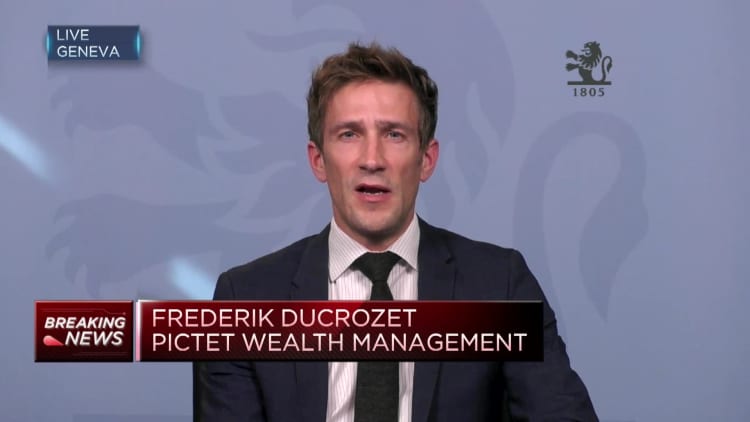
The Royal College of Nursing, which recently held strikes for the first time in its 106-year history, in November requested a 5% pay rise for NHS nurses on top of inflation, bringing the total increase to around 17%.
In late January, train operators made a fresh offer to the RMT union, asking for a 9% pay increase over two years for rail station and onboard staff, following a protracted dispute over pay and conditions.
Thousands of teachers walked out at the beginning of the month in a bid to secure a pay rise in line with inflation. A majority of state school teachers in England and Wales received a 5% wage increase in 2022, well below the rate of inflation.
The Institute for Fiscal Studies also estimates that teacher salaries fell by an average 11% between 2010 and 2022.

 Tfoso
Tfoso 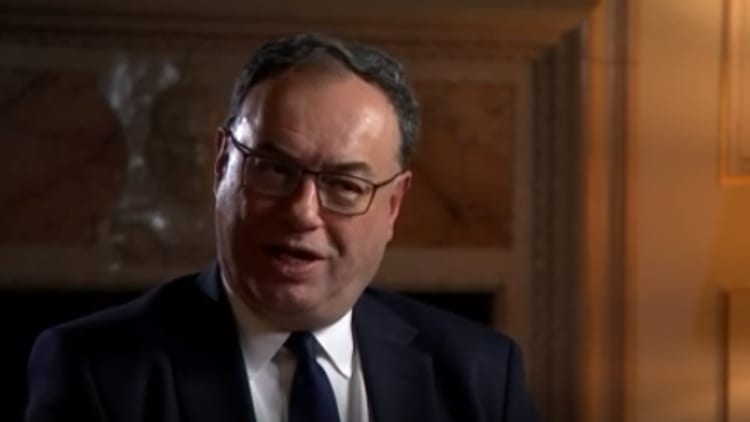









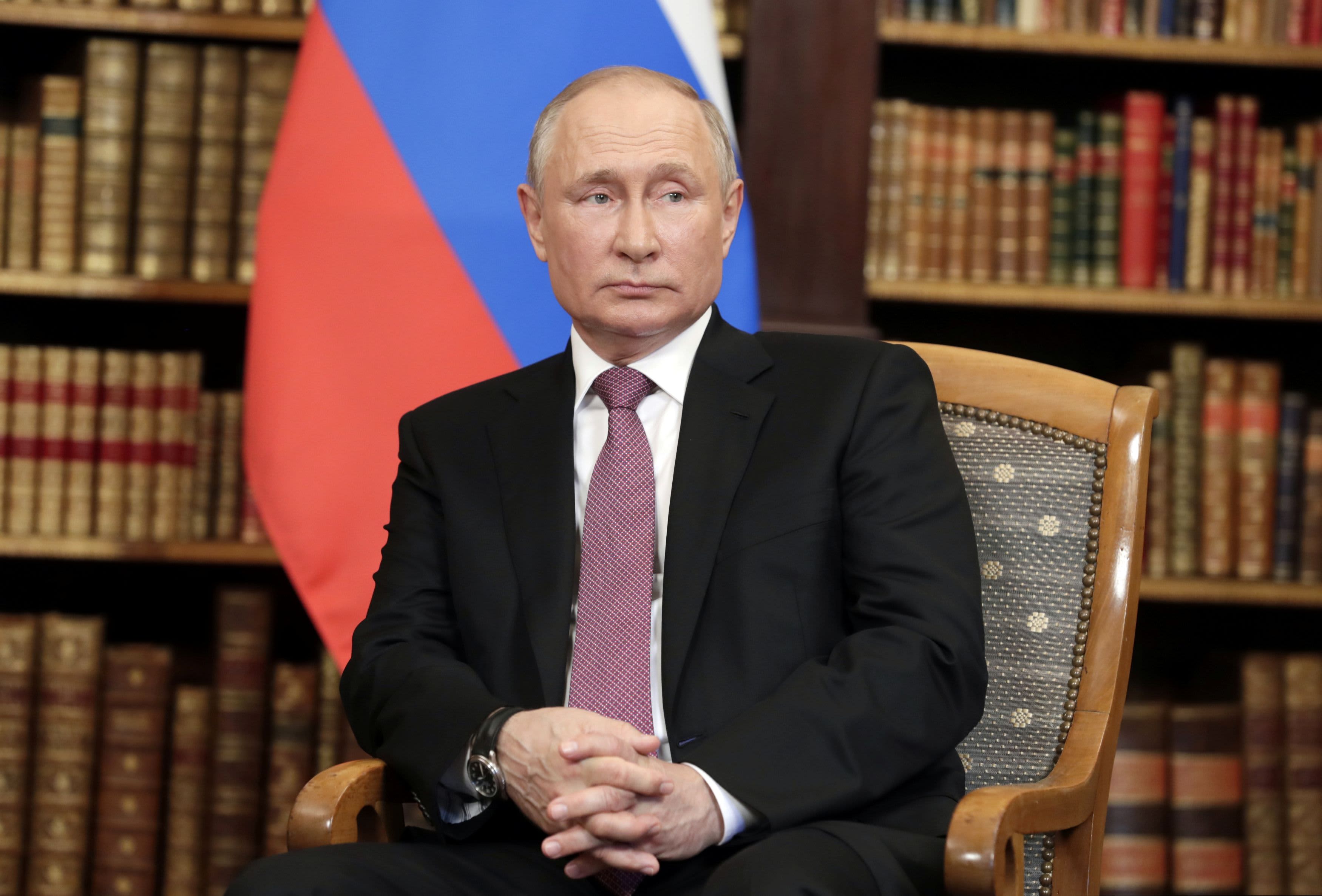


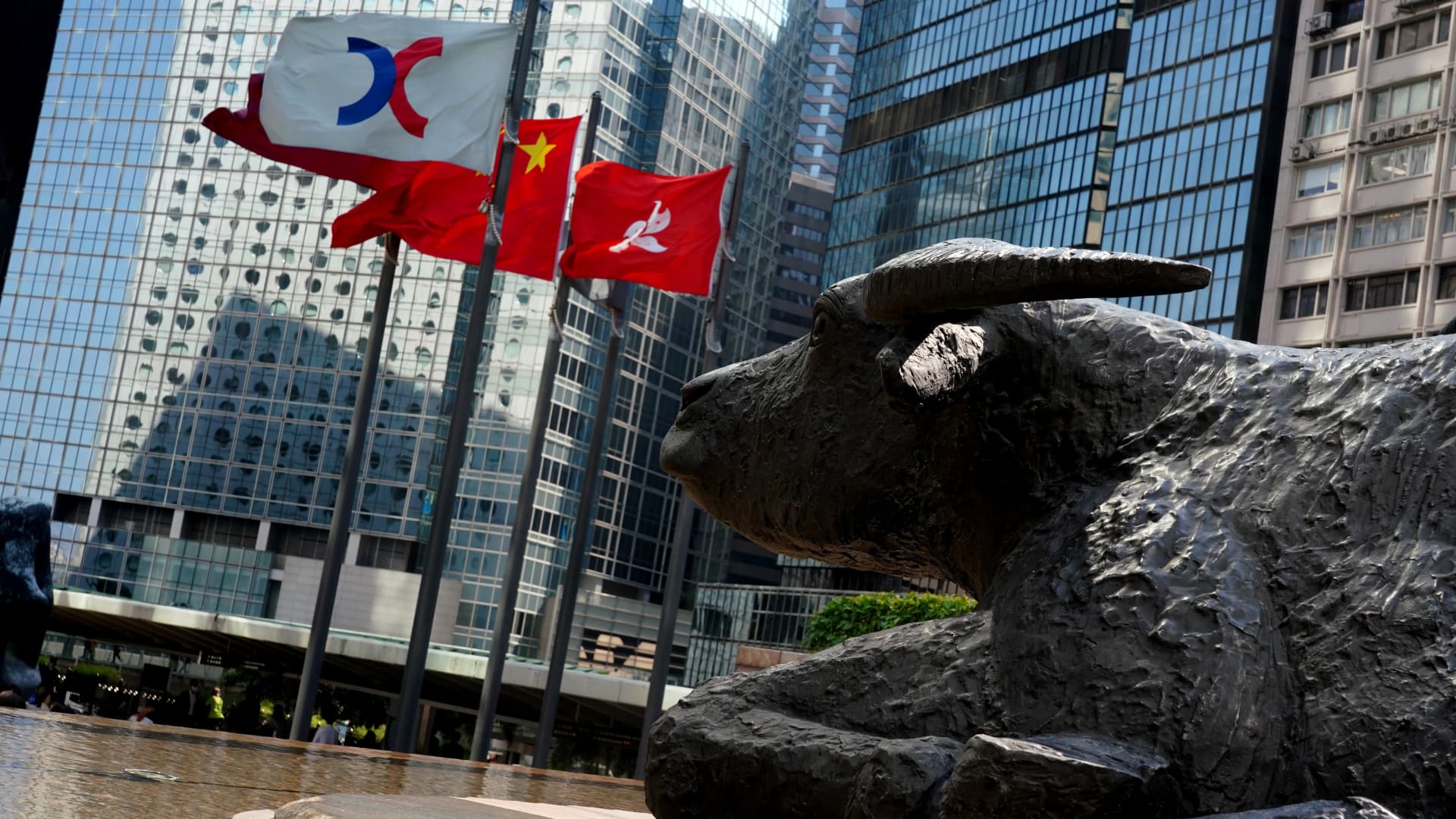
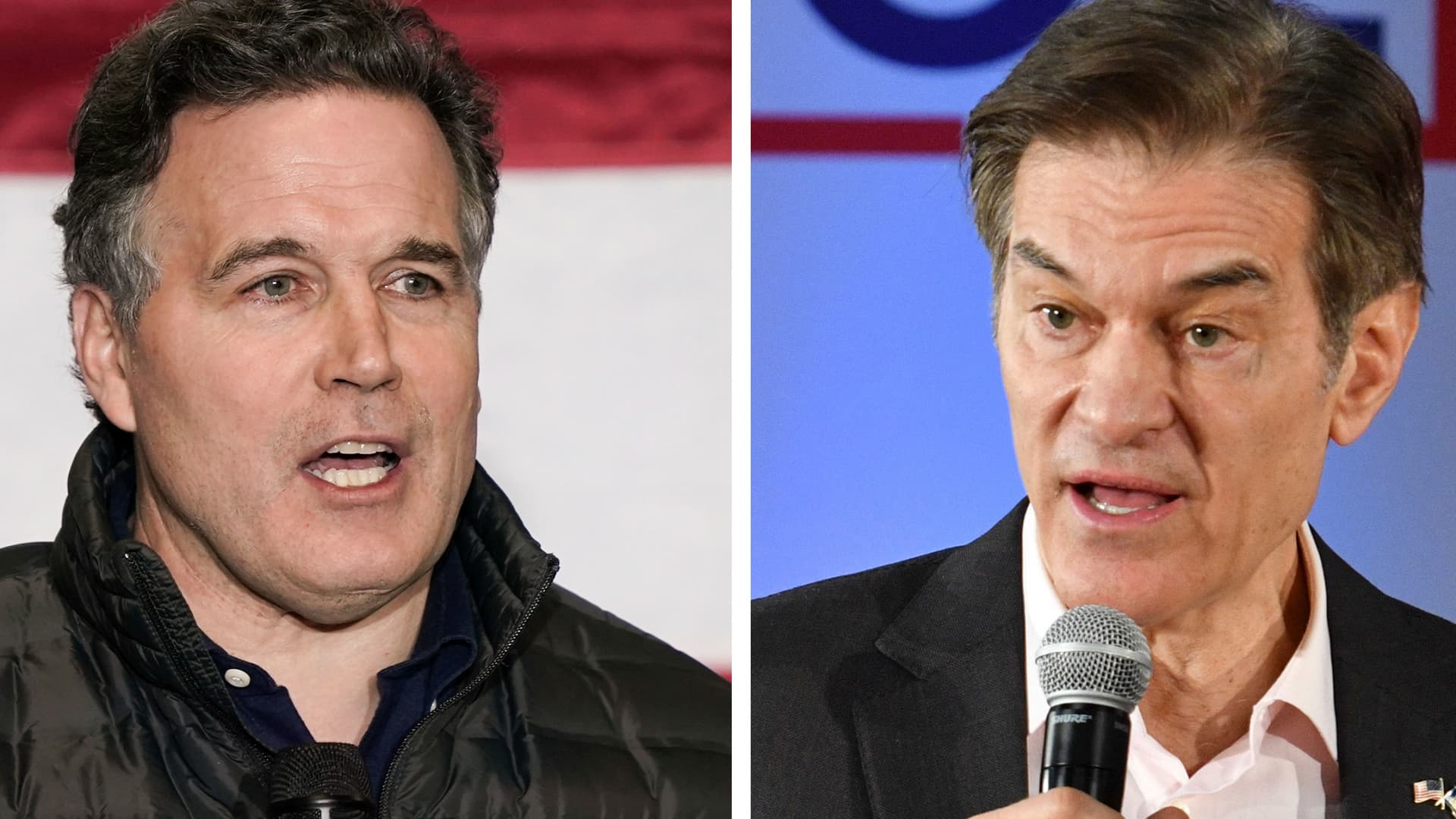

















![Run An Ecommerce SEO Audit in 4 Stages [+ Free Workbook]](https://api.backlinko.com/app/uploads/2025/06/ecommerce-seo-audit-featured-image.png)

